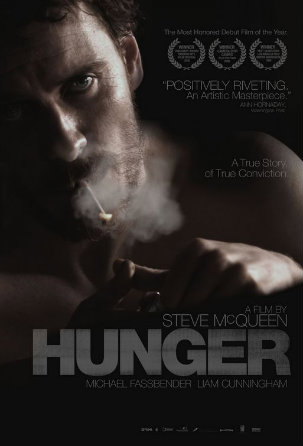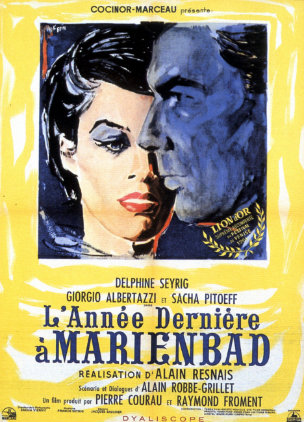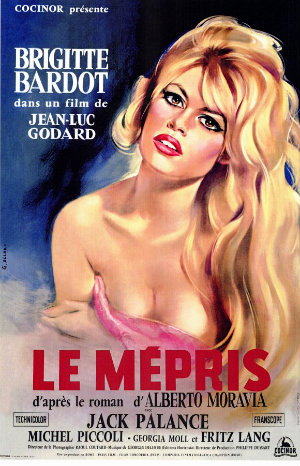Have you ever wondered what are the films that inspire the next generation of visionary filmmakers? As part of our monthly IONCINEPHILE profile, we ask the filmmaker (in this case American independent writer-director Zachary Wigon) to identify their all time top ten favorite films of all time. Wigon’s The Heart Machine (see pic of actor John Gallagher Jr above) receives a limited theatrical and VOD release on October 24th via the Film Buff folks. This top 10 is a countdown folks. Drum roll please!

10. City Lights– Charlie Chaplin (1931)
“The deep pathos of pretending to be someone you’re not so that you may win over your love is taken, here, to heights alternatively comic and tragic, with the greatest closing shot in all of cinema.”

9. Goodbye, Dragon Inn – Tsai Ming-liang (2004)
“The loneliness of being a person, the desire to connect to each other through our behavior and through art, the ultimate futility of these gestures, and the deep melancholy of nostalgia and memory as life passes by – all these conveyed here with profound feeling.”

8. Weekend – Jean-Luc Godard (1967)
“With explosive formalist choices and a furious excoriation of the modern world, Godard’s final work in his first period is a stunning and abrasive look at the collision of modernity and the post-apocalyptic realm that, perhaps, awaits us.”

7. Eyes Wide Shut – Stanley Kubrick (1999)
“Kubrick spent his entire career exploring the theme of dehumanization, but never did he address it as poignantly as he does here, depicting a world in which the most personal act two people can engage in is rendered as nothing but a meaningless, empty transaction for most individuals. ”

6. Hunger – Steve McQueen (2009)
“I’ve never encountered a film that understand what it means to “do” politics as insightfully and thrillingly as Hunger does – through stunning formalism, the specificity of the depicted struggle against oppression takes on global resonance.”
5. Nostalgia For The Light – Patricio Guzmán (2011)
“Juxtaposing the worst humans can do to one another on Earth against the cosmological reach of existence, this under-appreciated essay film is the movie that gives me the greatest sense of calm whenever I consider my ultimate destiny. ”

4. F For Fake – Orson Welles (1973)
“A kind of deconstruction of all the tenets of cinema, narrative or documentary, Orson Welles’s penultimate film blurs the lines of reality and fraud while making a compelling case for the fact that there’s no such thing as a “fake” work of art – but the film’s reach extends far beyond that insight.”

3. Last Year At Marienbad – Alain Resnais (1961)
“If postwar cinema has been, as Gilles Deleuze noted, primarily concerned with visualizing characters moving through time, no film can be a better example of what modern filmmakers attempt to achieve than this, Resnais’s glorious modernist work that fractures time and memory and refracts them back through a sensuous examination of how the human brain works – or doesn’t.”

2. Contempt – Jean Luc Godard (1963)
“The beginning and end of Western civilization, the macro and the micro of human experience, they all feel like they’re contained in this tale that somehow jumps from epic to intimate scale, from Odysseus’s journey home to a bitter marital spat between a hack writer and his complex, angry wife. Hitting some kind of unusual cross-section between Godard’s personal idiosyncrasies (historical and cultural references, philosophical musings) and a narrative that is, by Godard standards, extremely comprehensible (it remains his biggest-budget work), this film seems to sum it all up for me – modernism, postmodernism, philosophy, intimate relationships, the meaning of work, the meaning of love, the difficulties of maintaining integrity – it’s all there.”

1. Sans Soleil – Chris Marker(1983)
“I find it extremely difficult to talk about Sans Soleil. It’s an essay, but it’s so coy in its broader construction, despite making various points quite clearly. Its atmosphere fosters a sensation of peaceful repose against insightful intellectual inquiry. In its investigation of time, memory, and the cinema’s unique ability – against the other art forms – through which Chris Marker displays the inconsistencies and poetic longings and errors often found in or created by these mainstays of human experience, the film becomes, for me, the most beautiful example of what cinema can do that no other art form can approach.“



